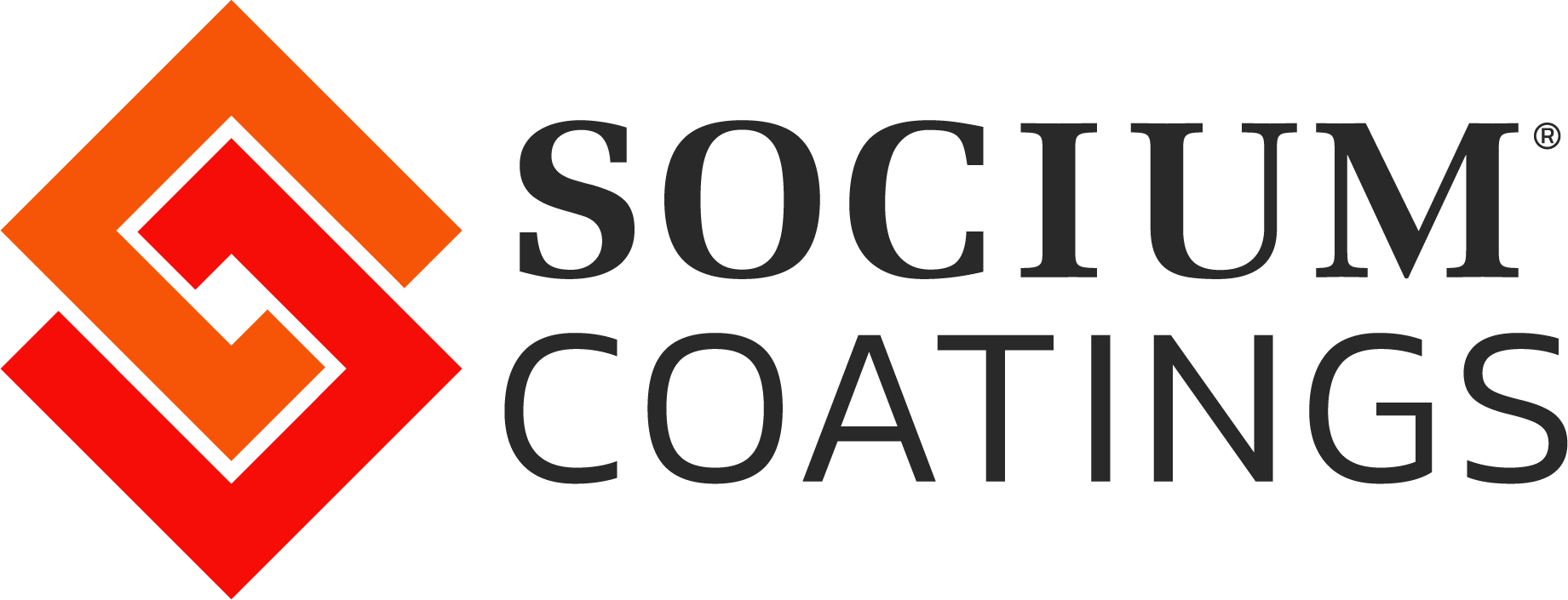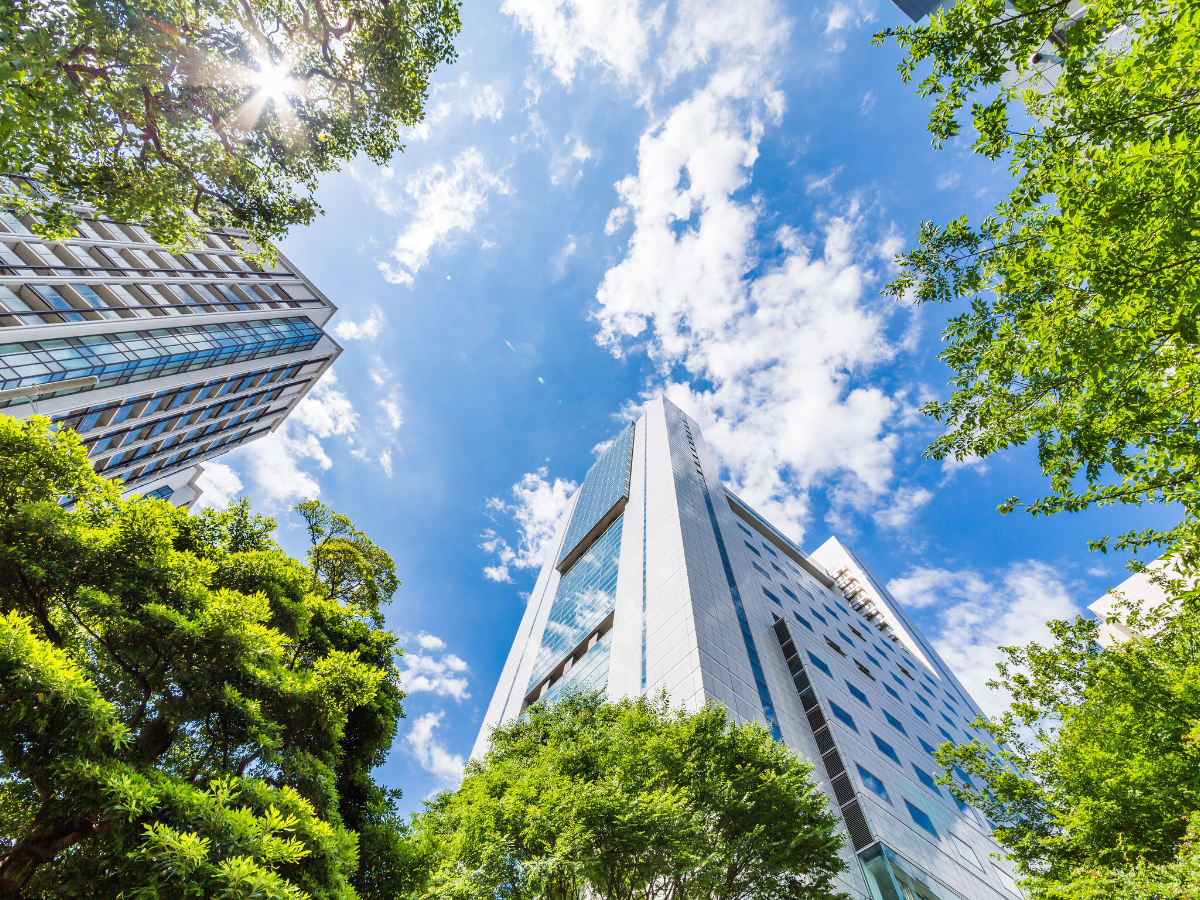Climate on Coating Performance is a critical consideration in any protective application. Coating performance is not one-size-fits-all. Regional climate conditions—such as heat, humidity, and freezing temperatures—can significantly affect the durability, appearance, and protective qualities of coatings. For long-term results, selecting climate-specific formulations is essential, especially when working with exterior building coatings or corrosion-resistant coatings.
Heat and UV Exposure
In hot, sunny regions, coatings are exposed to intense ultraviolet (UV) radiation. Over time, this can lead to chalking, fading, and breakdown of the coating film. High temperatures can also cause coatings to cure too quickly or inconsistently if not properly formulated.
Solution:
Use UV-stable and heat-resistant coatings that retain gloss and color. Polyurethane systems, for example, are often preferred in regions with prolonged sun exposure due to their superior UV performance.
High Humidity and Moisture
In humid climates, moisture intrusion is a major concern. Coatings in these environments must resist blistering, mold growth, and loss of adhesion caused by constant exposure to moisture and condensation.
Solution:
Moisture-tolerant primers and breathable systems are critical for these environments. Exterior building coatings must allow for vapor permeability while maintaining a strong, water-resistant barrier.
Cold and Freezing Temperatures
In colder regions, coatings are challenged by freeze-thaw cycles, snow, ice, and road salts. These conditions can cause cracking, delamination, and accelerated corrosion of underlying substrates.
Solution:
Use flexible, low-temperature cure coatings that can expand and contract with surface movement. For metal surfaces, corrosion-resistant coatings with excellent salt and chemical resistance are essential.
Coastal and Industrial Environments
Coastal areas and industrial zones combine high humidity with salt or chemical exposure. These elements rapidly degrade unprotected surfaces, leading to corrosion, staining, and coating failure.
Solution:
Choose high-performance corrosion-resistant coatings with proven resistance to salt spray, airborne chemicals, and industrial pollutants. Zinc-rich primers and epoxy systems are often effective in these settings.
Why Climate-Specific Coatings Matter
Selecting a coating without considering regional climate can lead to premature failure, increased maintenance costs, and compromised aesthetics. At Socium Coatings, we evaluate your building’s location and environmental exposure to recommend systems that perform reliably—whether you need exterior building coatings that resist sun and rain, or corrosion-resistant coatings for industrial applications.
Need expert advice? Contact Socium Coatings to ensure your next project is protected with the right climate-adapted coating system for long-term durability and performance. Our experts understand the impact of climate on coating performance and will guide you in selecting systems tailored to your building’s regional conditions—whether you need exterior building coatings or corrosion-resistant solutions.





